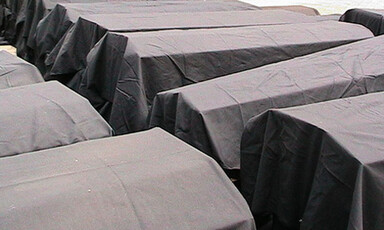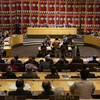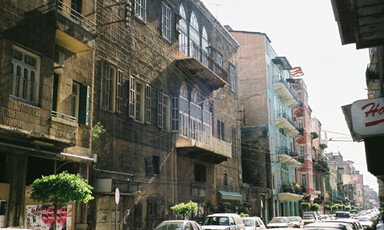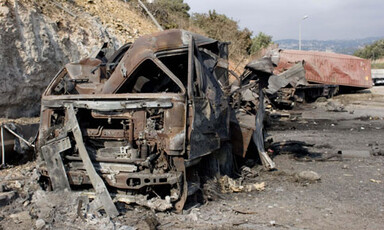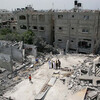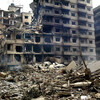
ICRC: 150,000 Lebanese have taken refuge in Syria
27 July 2006
The ICRC today distributed a total of 3,000 family parcels to both residents and displaced persons in the villages of Naqura, Alma Ech Chaab, Dhaira, Yarine, Ramiyé and Rmeish. The parcels contained enough supplies for one week, including food, household items, blankets and other essentials. First aid workers from the Lebanese Red Cross (LRC) evacuated six injured people to hospital, along with 10 unaccompanied children and one elderly person. The situation was particularly alarming in Rmeish. People who had fled the village told ICRC delegates that people were drinking foul water from a pool used to collect water for irrigation. There was also a shortage of food, especially for babies. Read more about ICRC: 150,000 Lebanese have taken refuge in Syria

